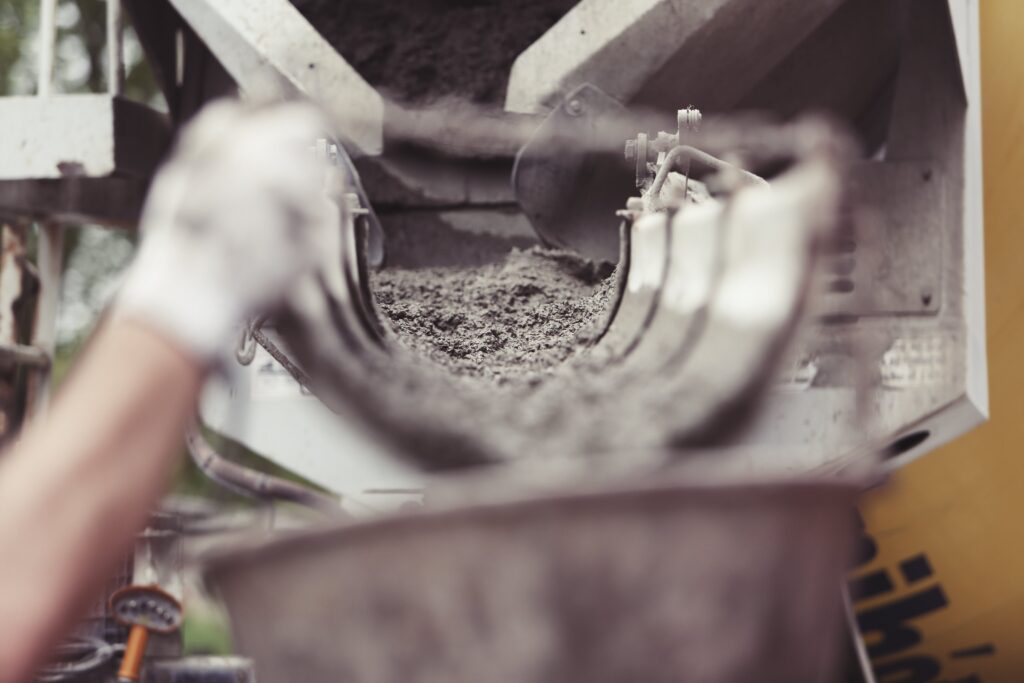Replacing gravel with coconut shell aggregates does not make concrete harder and less prone to corrosion
09 Jan 2024

Utilizing coconut shell aggregates (CSA) in concrete benefits agricultural waste management and reduces the demand for mineral resources. Several studies have found that concrete containing CSA can achieve strengths that are comparable to regular concrete. The present paper reports an experimental work focusing on concrete’s durability-related properties to supplement these earlier findings. The surface hardness was measured to describe the concrete resistance to the surface wearing, while the resistivity and sorptivity were evaluated to describe the material’s resistance to fluid penetration. The results showed that the surface hardness of concrete did not change significantly with CSA addition. The distribution of surface hardness was also similar across all CSA groups. These results suggest that the cement paste and gravel stiffness had a more pronounced influence on the surface hardness than CSA. On the other hand, concrete became lighter by about 9%, had lower resistivity by 80%, and had significantly higher sorptivity by up to 110%, when 50% of its natural gravel was replaced with CSA.
Concrete is the most widely used material in the construction industry and making it requires large amount of gravel aggregates which need to be mined, crushed, and further processed. To reduce the over-reliance of construction industry to mineral aggregates, there is a need to explore the use of alternative sources. Several studies have shown that coconut shell can serve as coarse aggregates of concrete without significantly reducing its mechanical properties. This study was conducted to evaluate the resistance of concrete with coconut shell as coarse aggregates against surface wearing and fluid penetration. These parameters are essential in evaluating the long-term behavior of concrete under continuous exposure to surface traffic and moisture.
Read the full paper: https://www.emerald.com/insight/content/doi/10.1108/WJE-07-2023-0247/full/html
